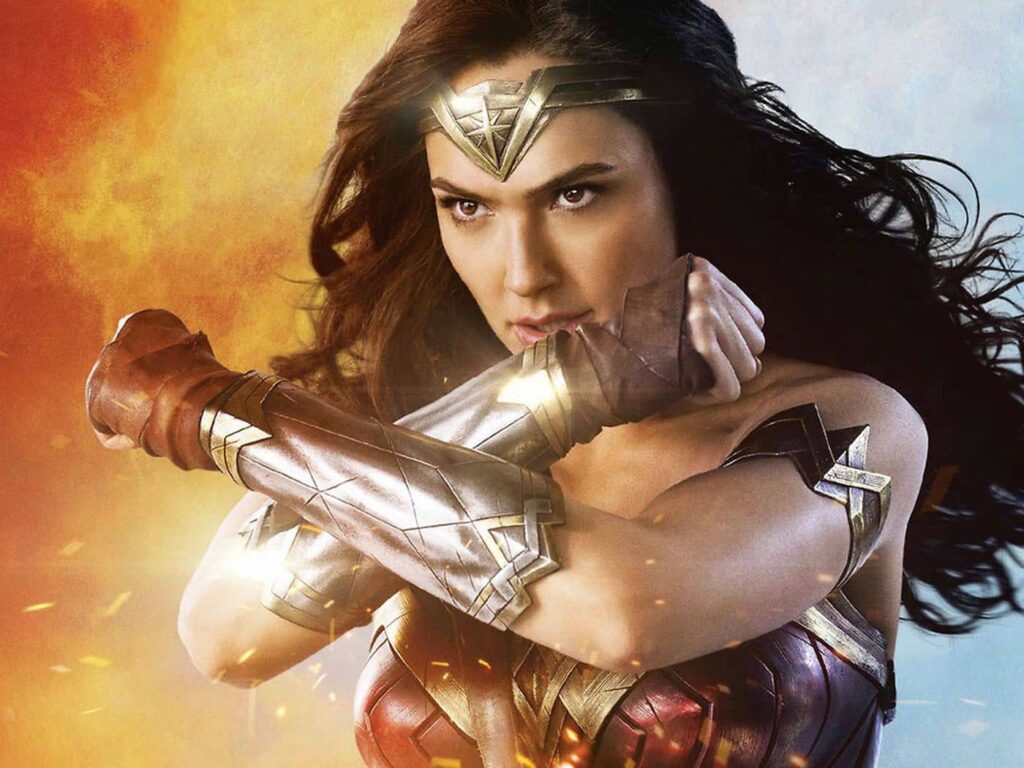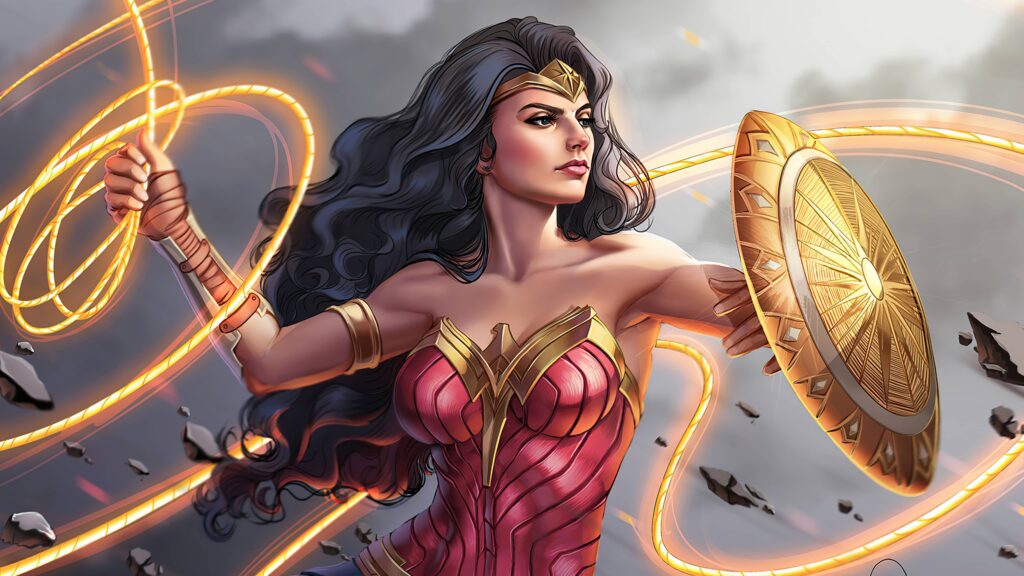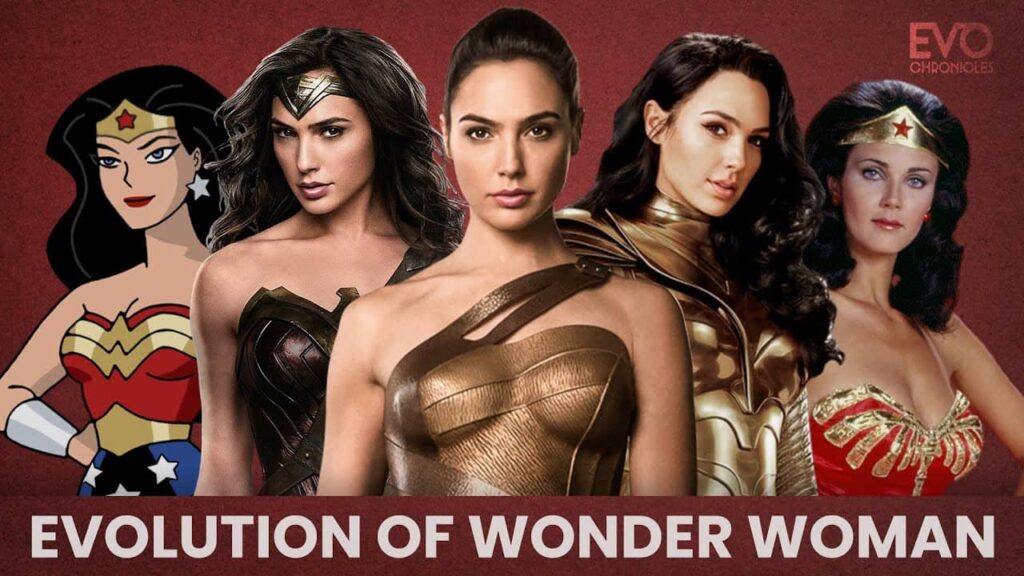Wonder Woman, also known as Diana Prince, is one of the most iconic and enduring female superheroes of all time. Created by psychologist William Moulton Marston and artist Harry G. Peter in 1941, Wonder Woman first appeared in “All Star Comics” #8, and since then has become a symbol of female empowerment in the world of comics. She is a character that has stood the test of time and continues to inspire generations of readers and audiences. In this article, we’ll take a look at how Wonder Woman represents female empowerment in the world of comics and how she has changed over the years.
The Origin of Wonder Woman

Wonder Woman’s origin story is unique in the world of comics. Unlike many other superheroes, she is not a human who gained powers through an accident or mutation. Instead, she is an Amazon, a member of an all-female warrior race that the Greek gods created. Born to Hippolyta, the queen of the Amazons, and imbued with the power of the gods, Wonder Woman was trained from a young age to be a fierce warrior and champion of justice.
Her physical strength, speed, and agility are on par with the strongest male superheroes and her lasso, bracelets and her indestructible tiara are all key elements of her fighting abilities. This origin story sets her apart from other female characters in comics who were often portrayed as damsels in distress, and from the beginning, she was a character that was designed to empower women.
Wonder Woman as a Symbol of Female Empowerment

Throughout her history, Wonder Woman has been a symbol of female empowerment, breaking down barriers and challenging gender stereotypes. She is a warrior who is not only physically strong but also mentally and emotionally strong. She defies the notion that women can’t be strong, assertive and capable, by constantly saving the day and saving the world. Wonder Woman is not only a role model for young girls but also for women of all ages, as she shows that they can be powerful, independent, and confident.
In addition to her physical strength, Wonder Woman is also a character who is deeply committed to peace, justice and equality. She is a leader and a champion of the underdog. Her compassion and empathy are key to her character, and her mission is to create a better world for everyone. She also has been depicted as a feminist character throughout her history as a symbol of equal rights for women.
Wonder Woman’s Evolution

Wonder Woman has undergone several changes over the years, but her core values and message of female empowerment have remained the same. Several creators have reimagined the character in different ways and in different timelines, and each of them has added their own touch to the character.
In recent years, Wonder Woman has been depicted as a more complex and nuanced character, her origin has been retold and updated to reflect modern society. The modern depiction of Wonder Woman is a reflection of the progress that has been made towards equality in society, and she continues to represent a powerful symbol of female empowerment.
Wonder Woman is a symbol of female empowerment in the world of comics. She represents a strong, capable, and independent woman who is committed to creating a better world for everyone. Through her physical strength, compassion, and unwavering commitment to justice, she defies gender stereotypes and inspires readers and audiences everywhere. Her character has stood the test of time, and her legacy continues to live on and inspires a new generation of fans, making her one of the most iconic female characters in comics.





